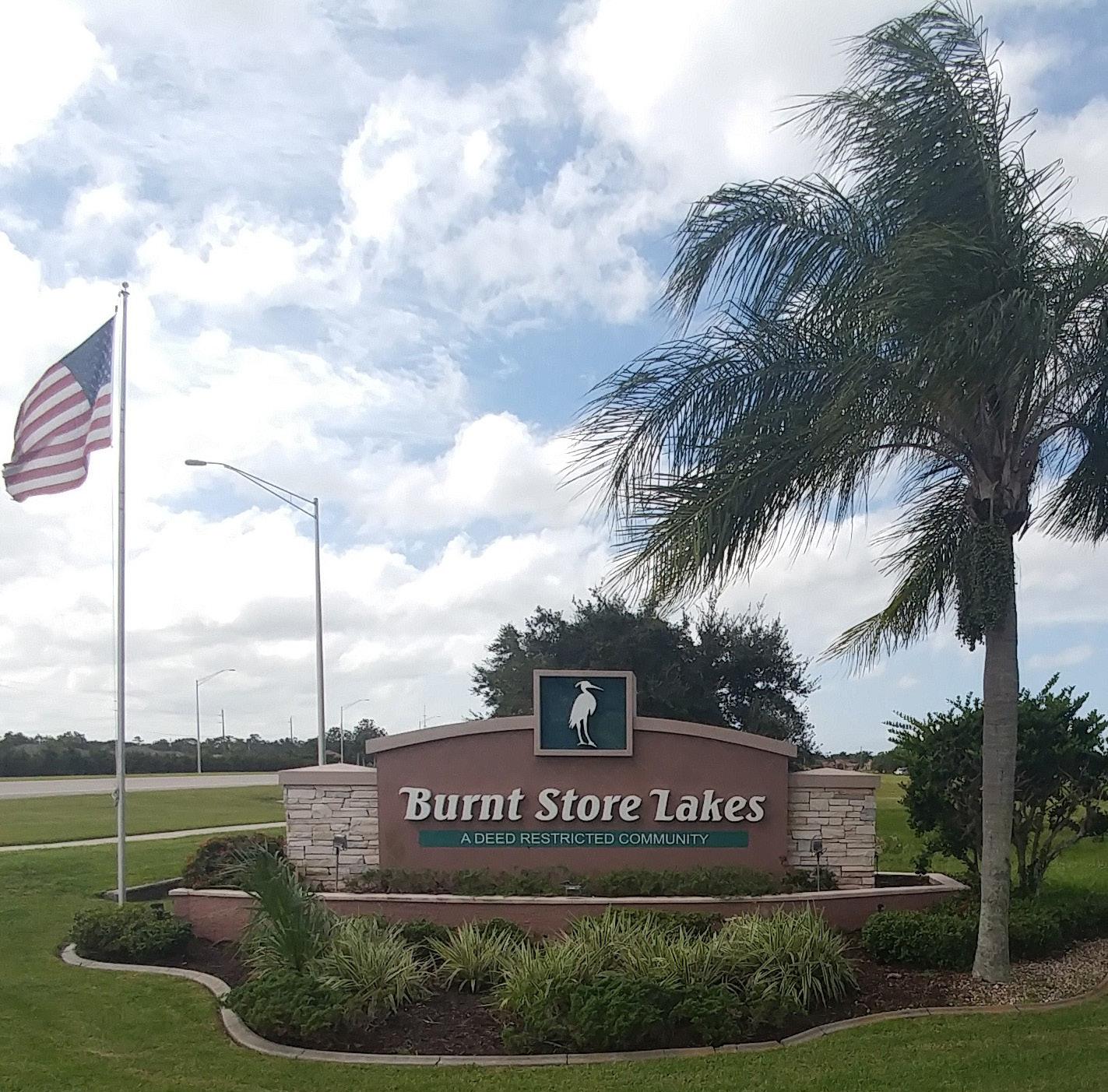
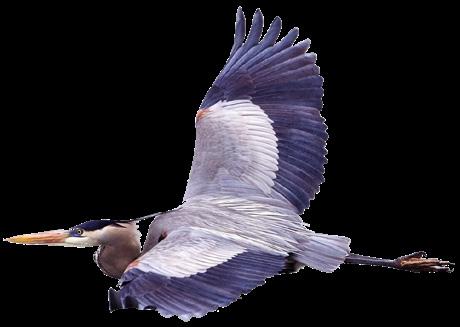



Production
Stephen Miller
Elizabeth Miller
Sales Department
Margo Williams
Becky Pruitt
Miranda Ledbeter
Alyssa Debban
Accounting and Sales
Selina Koehler
Production Manager
Lee Nostrant
Production Department
Elaine Donholt
Ruth Nekoranec
Katie Heystek
Dianne Strout
Karen Kalisz
Michelle Feeney
Andie Reynolds



Sandy Funk
David Todd
Betty Ingerson
Richard Hefright
Rob Hancik
Edie Johnson
Jeanie Jordan
Their board and liaison positions will be published in December.
Board of Directors meeting is Tuesday, Nov. 12 at 3 p.m. Meetings are hybrid meetings held in the Community Center and available by Zoom.
16500 Burnt Store Road, Suite 102 (941) 639-5881

DAVE EVANS
The following is an update to our previous communication regarding the County Road Paving Program in Burnt Store Lakes.
From a timing standpoint, the project has been moved back to commence in February of 2025 and finish in March to April of 2025. At this point, there is no set schedule in terms of which order the roads will be paved. From a practical standpoint, smaller roads, i.e., cul-de sacs, will be completed first to minimize running heavy equipment over roads which have been recently paved.
1¾ to 2 inches of asphalt will be added to all roads throughout the community. To prevent up to a 2-inch differential between the road and the height of the driveway, the paving company will be tapering the asphalt into each driveway 8 to 12 inches regardless of the medium, e.g., concrete, paver, etc.
As part of the preparation process, repairs will be made to roads as needed prior to paving. In addition, grass will be scraped from the edges of the roads where it has grown over the pavement. Manhole covers will be raised so that they are flush with the new road level.
Roads will be paved one side at a time to allow access. Once pavement is laid, roads will need to cool before being driven on. There may be a delay in accessing your driveway when fresh asphalt is laid in front. Once the fresh pavement has been added, it is safe for a passenger vehicle to cross. Careful attention must be made when turning on the newly paved surface. When turning your wheels, continue to move and do not stop and then turn as it will leave a raised area.
No plastic or tarps are to be placed at the end of the driveway to prevent covering of the asphalt. The asphalt can reach upwards of 300 degrees when hot, which will cause melting, and there will be no way to remove it once it dries.
Any pavers surrounding the middle of cul-de-sacs will need to be removed.
As we get closer to the commencement date, we will share any new information from the paving contractor or the county.

Please remember this is a county managed project. They have awarded the paving to a contractor, and the county will be managing the project/contractor. Additionally, once the paving is complete, the project will be inspected by Charlotte County, including each driveway.
Tim Berners-Lee, who created the main software of the World Wide Web, admitted he regrets one thing: Adding “//” after “https:” in a web address. It was standard for programming but didn’t serve any real purpose; and when looking back in 2009, he said leaving it out would have saved time and space. Ah … hindsight.
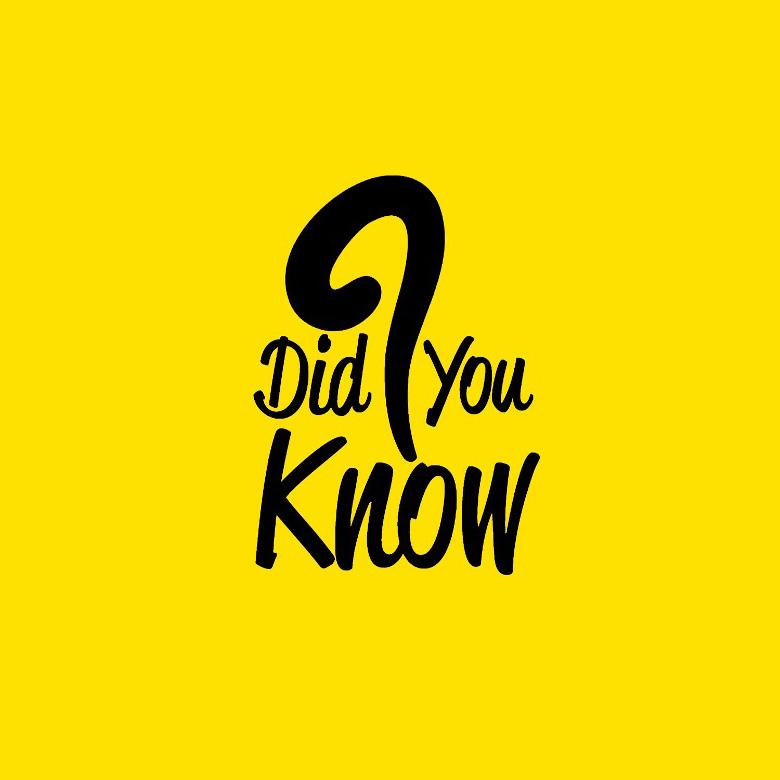

Effective September 30, 2024, there were 106 new homes with approved construction applications. Fifty-nine (59) new homes have received Certificates of Occupancy in the current fiscal year (October 2023 to September 2024).
There were eight (8) SingleFamily Home Applications reviewed by ARC in September. Five (5) of these were recommended for approval. Seven (7) other applications were reviewed, and two (2) were recommended for approval.
NEW HOMES
16664 Acapulco Rd
24247 San Lucas Ln
16312 Juarez Ct
17030 Espana Cir
16489 Ayson Way
17030 Monza Rd
17230 Nile Ct

The following architectural projects were either approved or conditionally approved by the Burnt Store Lakes Board of Directors during the September 14, 2024, Board Meeting.
HOME: 2,657 sq ft (1,812 AC). 3 bedrooms, 2 baths, 2 car garage, concrete driveway by Quality Homes of Port Charlotte. Metal roof color Military Blue. Home color Crushed Ice, trim color Highly Reflective White.
SPEC HOME: 3,360 sq ft (2,270 AC). 3 bedrooms, 3 baths, den, 3 car garage, paver driveway. Tile roof color Expresso. Home color Futon, trim Dark Clove.
HOME: 2,719 sq ft (1,805 AC). 4 bedrooms, 3 baths, 2 car garage, concrete driveway. Metal roof color Dark Bronze. Home color White, trim Bronze.
SPEC HOME: 2,721 sq ft (2,092 AC). 4 bedrooms, 3 baths, 2 car garage. Titanium cement paver driveway. Metal roof color Rustic Black. Home color Melting Glacier, trim Pure White, front and garage doors Cape Cod Bay.
HOME: 2,775 sq ft (1,889 AC). 4 bedrooms, 2.5 baths, 2 car garage, concrete driveway, curved paver patio behind lanai , no pool. Metal roof color Light Stone. House color Connor Lakefront, trim Cache Cream, front door Coriander Powder, garage door Saddle Up.
FENCE/ENCLOSURE SHIELD COMBO: 12 ft of 6 ft high white vinyl solid privacy shield with one 5 ft wide gate connected to 55 ft of 4 ft high white vinyl open picket fence with one 4 ft wide gate by Superior Fence & Rail. Privacy shield at front of home.
POOL AND CAGE: 38 ft by 28 ft pool and lanai cage by Spartan Pools.

Join Your Neighbors!

Located off Rio Togas near Burnt Store Road.
Please bring a meat dish, casserole, side dish and/or a dessert to share with 12 to 15 people and bring your own beverage.
Plates, silverware, napkins, and water will be provided.
Come for the food and stay for the fellowship and fun!
We hope to see EVERYONE there!


At the September 10 Charlotte County Board of Commissioners’ meeting, Planning Department staff presented a proposal to hire a consultant to oversee a meeting between Charlotte and Lee County communities, including incorporated Punta Gorda and Cape Coral, for the purpose of identifying residents’ concerns. The proposed timeline for that meeting was January 2025 with a cost of $10,000.
Though the Charlotte County Planning Department would control all aspects of the meeting, including who would attend, questions asked, and how a final report would be drafted, to our shock, they suggested that our local HOAs pay for this meeting. Instead of a cooperative effort among the many areas involved, this would mean shutting out the Coalition and the other three jurisdictions. It is important to note that the county had suggested hiring a consultant, but did not mention that area residents be forced to pay the bill. Why they would introduce such a proposal at the 11th hour is a concern. Also, getting multiple HOAs to agree to fund a proposal would take a year or more – if allowable at all!
The Coalition rejects that proposal for the following reasons. First, the hard work of staff from the three other jurisdictions have already compiled enough information to present a report outlining area resident concerns. Each has already compiled an agenda based on the specific priorities of their communities. Projects have already been identified and some funded, such as a hydrology study, the repaving of Burnt Store Road from the county line to Van Buren Parkway, and the addition of law enforcement resources dedicated along Burnt Store Road by the City of Punta Gorda. Secondly, the process has already exceeded one year. This would slow the process down rather than speed it up. The general feeling by residents is that again Charlotte County seems less committed to a timely process than the other jurisdictions. It is, therefore, the intent of the Coalition to follow the timeline already agreed upon and have such a meeting in November so a final draft can be developed soon after.
Also, later in that same meeting, the commissioners voted to amend the area plan for the purpose of rezoning a 40acre plot of land owned by area residents, the Fischers. The new zoning will allow for general commercial development on Burnt Store and Peppercorn Road. The owners are interested in bringing much needed services to the area such as a supermarket and medical facilities. A recent survey by the Coalition showed widespread support for the application and many residents spoke in support of the proposal at the meeting. A new traffic study, however, will need to be approved.
The Coalition would also like to congratulate Pirate Harbor resident Phil Smallwood, who was appointed to the Zoning Board by Commissioner Chris Constance at that meeting. Phil replaces Don McCormick who stepped down earlier this year. Don, long a community supporter, was a member of the South Charlotte Coalition, a precursor to our Coalition.


BILL KIMBER, FLORIDA MASTER NATURALIST
I would be remiss if I ignored our big four critters. They are the panther, black bear, feral pigs, and pythons. I previously wrote about alligators. These guys are in their own category, because they can cause significant damage to folks in the wrong situations—although it would be extremely unlikely. But, hey, Mother Nature plays by her book, not ours. In most situations, these critters would rather flee than fight, and, gratefully, there have been no documented bear attacks in Florida. But if any of them are provoked, ugly things might happen. In all my nature hikes, I consider myself very lucky to have seen just a few of these guys in the wild. I was only frightened once (read on). We will visit these guys in alphabetic order.
This is one critter I have not seen in the wild, but I don’t travel in areas they frequent. They are listed as a threatened species. The males weigh about 300 pounds and the females

about 160, they are the largest land mammal in Florida, and they breed from mid-June to mid-August.
Conservation Commission (FWC) considers the area on the other side of Burnt Store Road as a possible location for these bears to frequent. Yucca Pens Wildlife area has the type of wild forest/grass and pinelands where the bears can find food. As it is for all our big critters (and some humans), food is their motivator.
They are found primarily in Florida’s three big national forests. Take away their food source and they will move on or change their diet; however, it’s very unlikely here in Florida.
FWC estimates that there are about 4,000 black bears in Florida. Other bear species are not found in Florida. If you go camping in some areas of Florida, you need to be very careful of any food items you carry or anything that might have a food odor.
This is the critter that scared the heck out of me. We were in the outer suburbs southeast of Orlando when, after rounding a

blind corner in the woods, I came upon some newly born baby pigs; their 200-pound mother was not happy that we were that close to her kids. We quickly ran back from where we came. She followed us a short distance away just to make sure we were gone.
The hogs prefer oak/cabbage palm hammocks and freshwater marshes. They can quickly rototill the ground searching for young roots, nuts, and grubs.
Large males and females can weigh several hundred pounds and are 3 feet tall and up to 5 feet long. They are the most dangerous to people when traveling in large groups with their young. They have attacked humans when provoked, and they can run faster than our fastest Olympians (about 30 miles per hour). The males have large tusks that are very dangerous.
Hernando de Soto brought the first hogs to the East Florida coast in 1539, and the current population
estimate is over 500,000 hogs in all 67 counties of Florida.
They are very beautiful, scarce, and possibly dangerous animals. They are not generally found north of the Caloosahatchee River. If memory serves me correctly, the first cat that crossed the river 10 to 15 years ago was a male, followed by a female a few years later. They are a subspecies of the western mountain lion but live in South Florida. Their original range was most of Florida. The male is about 30 inches tall and 8 feet long (with a 30-inch tail that has an upward bend at the end). A bobcat’s tail is only about 10 inches.
Today there are only about 200 panthers in all of Florida. It is one of the most rare and endangered animals in the United States. I believe we have about 30 killed each year by cars and other accidents, which the females try to make up for by having about 50 cubs combined—but only every other year. The FWC has tried to bring in some western
mountain lions because of the panthers’ inbreeding.
They feed on deer, hogs, rabbits, rodents, and birds. They are also known to kill young livestock. Unfortunately, their food source is being eaten by larger pythons, making it hard for them to survive.
While hunting them with my camera, I only saw one for about three seconds, 21 years ago, crossing some railroad tracks. I couldn’t get to my camera fast enough, and I didn’t feel like following it into the woods. So, your best chance to see one would be at the Naples Zoo. Babcock Ranch had one about 15 years ago, but it has since passed on.
If you would like to follow the panther, FWC has their “Panther Pulse Web Page.”
These are the biggest threat here in Southwest Florida. They have been known to eat a small deer or a hog. They have also eaten most of the small mammals, which makes it harder for the native predators to feed themselves. Florida has been trying for decades to control these invasive pests. They even have substantial rewards for licensed trappers to get the females and anything over 6 feet long.

Supposedly, it was Hurricane Andrew decades ago that destroyed the captive pets at a store. Perhaps some python pet owners released some when the snakes got too big. They are now trying to track the bigger females with GPS tags. When they are “in season,” many males try to breed with them. However, the trackers still must first find the large females, which is a problem wading 3 feet deep in vegetated muck swamps over thousands and thousands of acres.
If you happen upon one of these critters while walking in the woods, please be very careful.
If you do see a panther, bear, or a python, FWC would like to know their location, with a picture if possible.
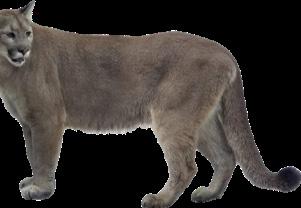
It is best to view these critters, and other dangerous ones, at a local zoo where you can take your sweet time admiring them or taking pictures. Some of my best photos are taken at zoos or captive centers like Peace River Wildlife.
Enjoy our wildlife before the next 50,000 new people decide to make Southwest Florida their new home.

Open Every Friday through the Season • 9am–1pm Platinum Point Yacht Club 3601 Cape Cole Boulevard (239) 872-5271
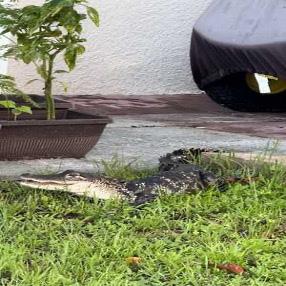
BE CAREFUL! GATORS ARE ON THE MOVE. THIS ONE RECENTLY APPEARED IN OUR YARD, AND WE’RE NOT ON ANY OF THE LAKES!
Let us know if you would like to be connected with a neighbor. Neighborhood Watch is accepting resident profiles as a community service for those who may need assistance from time to time, particularly in the event of a severe storm or hurricane.
To obtain a copy of the profile and/or to obtain additional information, contact Louise Barrett at (508) 728-8002 or at lbarrett10@comcast.net. The BSL website (bslpoa.org) also has the profile forms and information available.

Furthermore, you can register online at the State of Florida Special Needs registry for “special needs” status if you have a physical, mental, or sensory disability and require assistance during an emergency. Charlotte County Emergency Management, along with the Florida Department of Health in Charlotte County, will strive to provide special needs sheltering and/ or transportation to a general shelter.
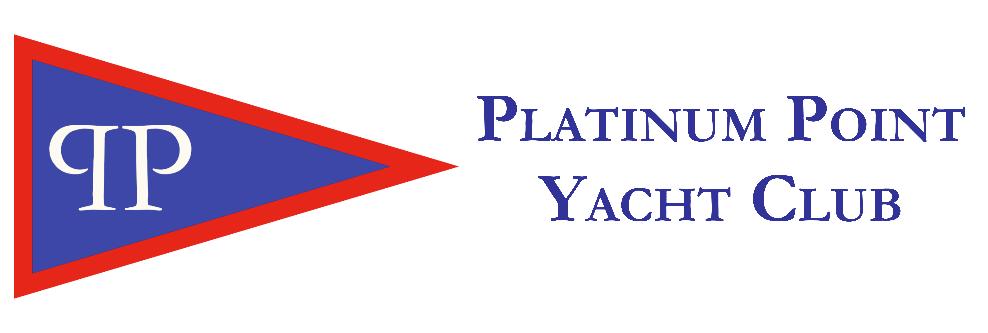
You are invited to PPYC’s Open House
Boaters and Non-Boaters Welcome!
Sunday, November 17, 2024
3:00 ─ 5:30 PM
Food and drinks will be provided. Stop in! We would love to tell you about PPYC.
Platinum Point Yacht Club is offering a fantastic promotional: SAVE on the Initiation Fee, plus receive a PPYC tote bag, caps/visors.
As a member of this year-round club, you will enjoy many On-Water and On-Land activities with new friends.

Monday Sailboat Racing - Come learn to sail

Tuesday and Friday Happy Hours - BYOB or buy drinks at Docksiders Bar

Sunday Jam Sessions - Musicians and vocalists welcome

Bi-Monthly Potlucks - Sunset Socials and Grill Nights

Monthly Cruises - To different marinas

Monthly Themed Parties - Many with dancing

And many special-interest games and activity groups
Come check out what PPYC could mean for you and SAVE! Offer available for the Fiscal Year ending October 31, 2025
For more information contact: Club Administrator Dorothy Schroeder at 941-639-0733 office@ppycbsm.org
Platinum Point Yacht Club 3601, Cape Cole Blvd, Punta Gorda
Florida is a top producer of avocados, but agriculturalists fear the spread of a 20-year-old disease called laurel wilt will continue to negatively impact the fruits’ harvest in commercial industry areas throughout the state.
Due to the intricacy of combating the invasive redbay ambrosia beetles that carry the fungus, avocado groves and other flora continue to decline, falling victim to laurel wilt despite the ongoing development of solutions. “This insect disease is complex,” said Jonathan Crane, University of Florida’s Associated Center director and fruit crop specialist.
Avocados are fruits that originated in Mexico and South and Central America. Avocado trees were first planted in Florida in 1833, followed by California in 1856. Florida is the second biggest producer of avocados in the United States, accounting for most of the production, with California being first and Hawaii being third. Florida has more than 56 varieties of avocados.
According to the National Agricultural Statistics Service per state provided by the United States Department of Agriculture, “In Florida, most early season varieties of avocados are West Indian types, whereas midseason and late varieties are mostly Guatemalan-
West Indian hybrids or Guatemalan types. Florida avocados have a lower fat content than those from other states and countries, are typically larger than avocados from California, and are available from June through the end of February.”
Laurel wilt, Raffaelea lauricola, is a fungal symbiont that was introduced by the invasive beetle, Xyleborus glabratus which was first discovered in the United States in 2002 and found in Florida by 2005. Multiple different species of ambrosia beetles can transmit the disease, which targets and affects trees of Lauraceae plants (Laurel family), such as avocado trees.
“(The beetles) were introduced into Port Wentworth, Georgia, in infested wood packing material from Asia during 2002,” said Crane. “It spreads through natural areas by redbay ambrosia beetle movement and anthropogenic movement of infested wood products.”
Beetles are wood-degrading insects that were once considered beneficial for accelerating the decay of dead trees and the natural cycle of healthy forests. However, laurel wilt is now considered a high-risk invasive disease equal to Dutch elm disease or chestnut blight.
Large populations of the redbay ambrosia beetle commonly inhabit avocado groves. Other prone trees
include the redbay, swamp bay, and sassafras, all in the laurel family. The invasive beetle is said to be about two millimeters in length and are extremely difficult to see with the naked eye.
“By February 2010, redbay ambrosia beetles were detected in a natural area, 21 miles north of the south Florida avocado production area (125 square miles) in Miami-Dade County,” said Crane. “In 2011, the first confirmed swamp bay tree to succumb to laurel wilt was documented in this natural area, and by 2012, laurel wilt was detected in a commercial avocado grove in Homestead, Florida.”
The Avocado Administrative Committee stated, “Hundreds of thousands of commercial avocado trees have died due to laurel wilt since 2012 when it was detected in the commercial avocado production area (in Miami-Dade County.)”
“The laurel wilt-ambrosia beetle continues to threaten Florida’s avocado industry despite 14 years of research to find an entirely effective control program,” said Crane. “To date, the loss of over 140,000-plus commercial avocado trees can be attributed to laurel wilt, worth an estimated $46.2 million. This is because little to nothing was known about the fungal phytopathogenic symbiont.”
Jeff Wasielewski, a commercial tropical fruit extension agent with the University of Florida, said, “A battle is being waged in the avocado groves of South Florida where the region’s largest and most economically important fruit crop is under attack. Avocados account for approximately 4,200 acres in Miami Dade County and have an economic impact of $54 million on the regional economy. The avocado industry has already lost over 300,000 trees due to laurel wilt since the introduction of the disease to Miami-Dade County.”
Root grafts spread of laurel wilt move at a rate of three to six new trees per month, causing the loss of over 90 trees within a sixmonth period. Visible external symptoms of laurel wilt in avocado trees include greenleaf wilting and turning brown and the sapwood developing black-blue stained streaks. As the infection progresses, the plant leaves turn black and continue to die off throughout the groves.

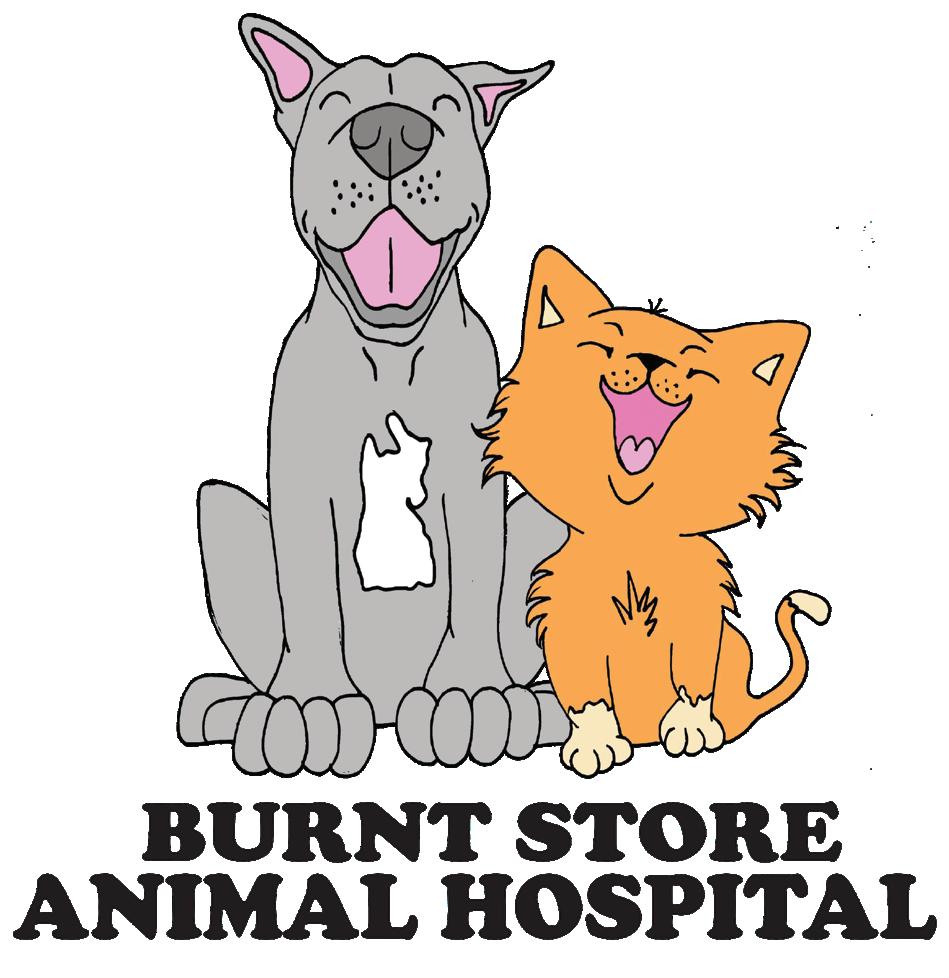
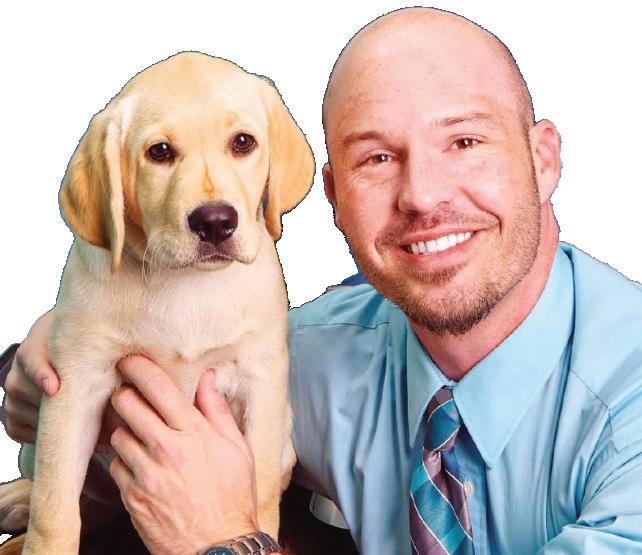
The beetles are known to have a short flight time frame. Their activity heightens one hour before sunset. The beetles prefer shady spots and are more vigorous during late winter and early spring, consequently the peak of the avocado season. The studies found that having higher levels of light reduced the infestation of laurel wilt in avocado groves.
The beetles primarily colonize stressed trees. However, the fungal organism harboring laurel wilt hosted in root-grafted avocado trees in groves rapidly grows in the well-protected insides of the tree. Laurel wilt is highly virulent, and trees with as few as 36 spores can incubate the disease, blocking off the water-conducting tissues of the tree and impacting the tree’s defense mechanisms.
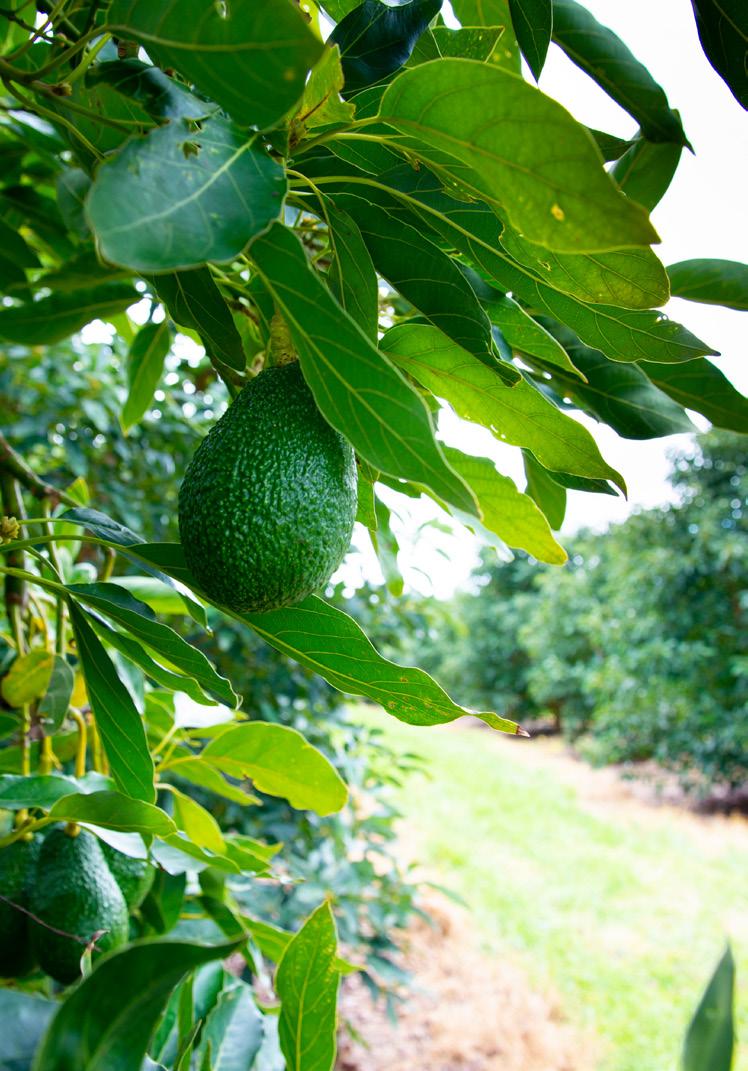
Growers began stumping or cutting back infected avocado trees. Still, they found the plant would regrow and eventually die off again until the plant was officially deceased, with only a few cases of the plant growing disease-free with fruit production after three to four years.
The University of Florida Tropical Research and Education Center conducted experiments with different variations of avocado trees. They found that diverse genetics reacted differently to the infection of laurel wilt and symptoms correlated with plant size and age. According to the experiments, “larger plants declined more rapidly to infection by the laurel wilt pathogen than smaller plants.” “In commercial groves, mature trees of 32 avocado cultivars of various genetic backgrounds have been documented to succumb to laurel wilt,” UFIFAS studies affirmed. “No mature avocado trees of any cultivar have been discovered to be tolerant to the laurel wilt pathogen so far.”
Findings and recent research discovered that prophylactic systemic propiconazole (Tilt) fungicide infusion protected avocado trees from laurel wilt for 12 to 18 months but required reapplications that could harm the plant and its fruit. The infusions were costly, making economic control tactics difficult.
Other rheostat systems tested included insecticides for the beetles. However, this method was only effective for redbay ambrosia beetles outside of the plant and most of the infected beetles spend the life cycle within the tree. Wasielewski stated that cutting and burning tree wood helps prevent the spread of laurel wilt, as trees are used as breeding sites for the beetle. “Keep groves pruned,” said Wasielewski. “Ambrosia beetles prefer shady areas and are less likely to go to groves that are well-pruned.”
The Florida Department of Agriculture and Consumer Services (FDACS) suggested scouting groves weekly for laurel wilt infestation, using local wood, not moving unprocessed wood, and sourcing from registered nurseries throughout Florida. Florida has approximately 10,000 bonded nurseries and stock dealers. “Don’t transport avocado trees or any other trees in the Laurel family unless you purchased them from a registered nursery,” said the FDACS. “Dealers in agricultural products, including nursery plants, must be licensed and bonded. All plant nurseries and nursery stock dealers are required to register annually. If you are producing or growing plant material for sale or distribution, you must register as a nursery.”
Rather than being fearful, humans should embrace our beneficial winged neighbors.
The Sunshine State harbors 13 species of what might be man’s best friend—or at least the second best: bats, all of them hungry insectivores in a state now home to 80 of the world’s 3,600 species of mosquito. That family of small flies is widely responsible for misery among humans.
Bats, on the other hand, are not responsible for misery among humans and remain indispensable friends wherever humans exist, because they’ll suck in mosquitos and other insects like a vacuum sucks up dust.

Some bats are also good pollinators and soil enhancers, depending on whether they’re feeding on the fruit of some plants or expelling it in nutrient-rich waste.
Unfortunately, the friendship bats offer has not been widely returned. Humans are not necessarily bat friends (although some are described as bat crazy), either because of oblivious urban or suburban development

that fails to protect the environments some bats require (but they can also live in cities if there are appropriate trees and food), or because of misguided information and perhaps fear.
Bats are nothing to be afraid of, say the experts. Instead, they should be encouraged and supported. “They’re our wild neighbors, they’re part of our communities, some keep insect populations in check”—and that right there is enough, says Elise Bennett, Florida and Caribbean director and senior attorney for the Center for Biological Diversity, a national nonprofit based in St. Petersburg.
Bats are beautiful and extraordinarily talented, both as mothers raising pups and as fliers. After pregnancies lasting from about two to seven months, a bat can give birth to one or sometimes two pups at a time. One species can have litters of as many as four. After their birth, mothers nurse and care closely for the young.
When they fly, there’s magic in the air—in this case, a magic called echolocation, says Bennett. “Bats are not blind,” announced the Florida Fish and Wildlife Conservation Commission. But they don’t see well, except by echo-communication. “They send out a sound that bounces off objects and comes back so they can sense exactly what’s in front of them, even distinguishing between different (sometimes very small) objects,” Bennett explains.
Bats are so effective at aerial maneuvers that a single colony of the Florida bonneted bat can consume as many as 21 pounds of insects in a night. They favor mosquitos, other fly species, and beetles. Colonies can range from a few dozen to many hundreds.
All of Florida’s bats are protected, and a state law even prohibits homeowners or anyone who encounters a bat colony on their private property from moving or disturbing bats during their maternity seasons. The
official dates in Florida span the period between April 15 and Aug. 15 when females give birth to their pups.
The critically endangered and only bat endemic to Florida, bonneted bats can be seen in both the southwest and southeast parts of the state and nowhere else on the planet. They have at least one environmental trait that has put them at even greater risk than other species: they nest in pine trees, but only certain trees located near saltwater. Rising sea levels represent an acute danger to the bats, because their favorite nesting sites tend to be near the waterline in trees whose roots can’t tolerate salt.
Maxx Chadwick, the animal care director at the Calusa Nature Center and Planetarium in Fort Myers, said they do not have any mammals as the center doesn’t have the habitats or the funds needed to build them. “But we absolutely would love to get some in the future,” Chadwick said. “What we do have, though, throughout the property are bat boxes. Bat boxes are essentially like birdhouses but for bats. They provide local bats with a place to live, roost and raise young. This is a win-win because it helps ensure we have bats around our property to do what bats do best.”
Chadwick believes the bats that occupy the homes on the Nature Center’s property are Brazilian freetailed bats and evening bats and are fortunately all insectivores. “This is where the importance of bats can really come into play for us,” he said. “Bats can eat hundreds of insects every single night. That amount certainly adds up in weight. They are excellent at hunting bugs such as mosquitos, ants, moths, grasshoppers, and more.
“There are lots of common myths about bats—they drink blood, they are just rats with wings, they are all blind, they will get caught in your hair, they all carry rabies, etc.,” Chadwick continued. “Bats are actually rather harmless to us (but very beneficial). Now, they can actually carry rabies like many other animals in
the wild are able, but that doesn’t mean that each bat does. And if they do, you are very unlikely even to know it because we don’t really encounter bats often. If you encounter a bat showing signs of rabies, use common sense as you would with any other animal showing signs, keep your distance, and do not interact with them to prevent the possibility of infection.”
What can be done to help bats? Plant native species in your yards. Planting native plants encourages native biodiversity. This can bring in the insects that bats will eat. Bats also may find nice places to roost in any native trees you have in your yard.
“We can also be wary of using pesticides,” Chadwick said. “Similar to how birds of prey can get sick and die from eating small mammals that have consumed rat poison, bats can get sick and die from eating insects contaminated with pesticides.”
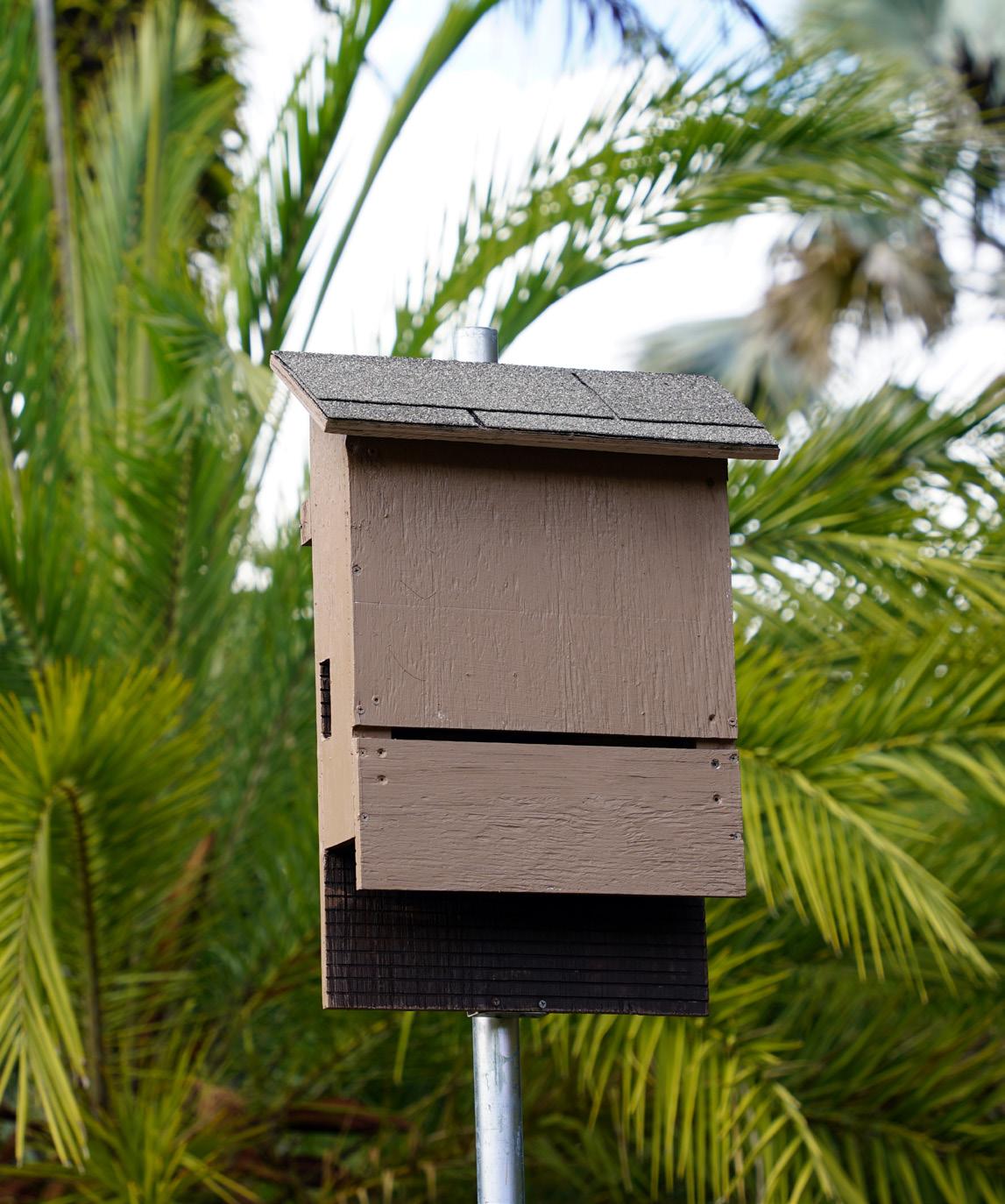


S en ior L i v i n g
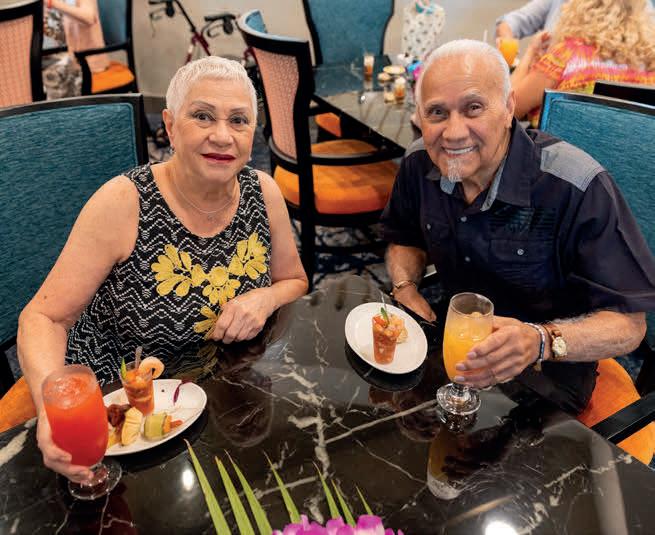
Burnt Store Marina is excited to announce final plans are now in place for our veterans’ fundraising events to benefit Wish for Our Heroes. Wish for Our Heroes is a national 501(c)(3) that grants wishes around the world. Through 2023, Wish for Our Heroes has provided more than $30 million in assistance to our heroes across all 50 states and four foreign nations (where U.S. troops are serving). Wish for Our Heroes has partnered with many corporations to inch closer to its ultimate goal of granting one wish for every deserving military member. One
2010 – The Memorial Day weekend Golf Tournament and Silent Auction raised $9,300.
2011 – The Memorial Day weekend Golf Tournament, Silent Auction, and Steve McOmber event raised $17,000.
2012 – Veterans weekend Golf Tournament and Steve McOmber event raised $8,300.
2013 – Veterans weekend Golf Tournament and Steve McOmber event raised $10,011.
2014 – Veterans weekend Golf Tournament and Cass Cay event raised $23,515.
hundred percent of all proceeds from the 2024 weekend activities benefit Wish for Our Heroes.
Since its inception in 2010, Burnt Store Marina Veterans Day events have raised more than $500,000 for Wish for Our Heroes, a charity dedicated to assisting activeduty and veteran military families struggling with basic needs, such as food, shelter, transportation, child needs, and medical expenses.
Many thanks to the community members of Burnt Store Marina who have supported Wish for Our Heroes through their generosity, volunteer work, and participation
2015 – Veterans weekend Golf Tournament and Cass Cay event raised $33,603.
2016 – Veterans weekend Golf Tournament and Cass Cay event raised $34,300.
2017 – Veterans weekend Golf Tournament and Cass Cay event raised $35,312.
2018 – Veterans weekend Golf Tournament and Cass Cay event raised $61,171.
2019 – Veterans weekend Golf Tournament and Cass Cay event raised $56,043.

in these events. What once started over a dinner conversation has grown to a weekend of fundraising events here in Burnt Store Marina.
100 percent of the proceeds raised at Burnt Store Marina
2020 – Veterans Breakfast raised $860. All other events were cancelled due to the pandemic.
2021 – March Golf Event raised $9,116.
2021 – Veterans weekend Golf Tournament and Cass Cay event raised $131,647.
2022 – All events were cancelled due to Hurricane Ian
2023 – Veterans Weekend Golf Tournament and Cass Cay event raised $110,000.
will contribute to assisting Florida military families with basic needs such as food, shelter, transportation, child needs, and medical expenses. Last year in the state of Florida, Wish for Our Heroes assisted 82 military families. The charity granted 18 wishes ($24,000 value) focused on food insecurity in military families, 14 wishes ($26,000 value) to address homerelated issues, eight wishes ($16,000 value) focused on auto repairs, 31 ($38,000 value) wishes focused on child needs, and 11 wishes ($9,000 value) focused on uncovered medical needs for Florida military families.
Come join the volunteers who make these events possible for some entertainment and drink specials to kick off the weekend at the pre-party, Friday, November 8, from 6 to 9 p.m. at Cass Cay Restaurant.
On Saturday, November 9, beginning at 8 a.m., show your patriotism and watch flag-bearer Cliff Behney as he marches down Islamorada carrying the flag from the main entrance of Burnt Store Marina to Cass Cay Restaurant. Those interested can march with him or follow him by golf cart.
Immediately following the march, the Veterans Day Breakfast will be held at Cass Cay Restaurant. This event is held every year to honor our veterans who served our country. Even if you are not a veteran, please join us in honoring and remembering those who have given so much for our freedom. Tickets for veterans are just $6 and non-veterans $15.
Plan to join us that evening for our Heroes Dinner at Cass Cay Restaurant, Saturday,
Check out our reviews on Angi!
November 9. We will have great entertainment from Single Shot Steve Flagg, great food, 50/50, auctions, and more. This event is limited to 200 people. Regular tickets are $60 (doors open at 5 p.m.). VIP tickets are $125 which includes: reserved seating on the deck, early entrance at 4 p.m., entertainment from Captain Rick, unlimited beer, wine, and house liquor, and first in line at the buffet.
On Sunday, November 10, at Burnt Store Marina Country Club, join us for the Heroes Classic Golf Tournament. Plan on a great day of golf, food, games on the course, 50/50, entertainment, and more. A single player golf ticket is $100 or $400 for your foursome. During office hours, you can sign up your foursome at the BSMCC main office. You must pay in full $400 for your foursome and provide a list of names to register for this event, or you can register online.
400 club tickets are on sale now. Tickets are $25 each for a chance to win up to five CASH prizes: 1st Prize – $2,000, 2nd Prize – $1,000, 3rd Prize – $675, 4th Prize – $340, and 5th Prize – $125. Drawing will be held at Cass Cay on Saturday, November 9, at the Heroes Dinner. You do not need to be present to win.
For event information and to purchase tickets to these amazing events, visit our website
at Burntstoreveterans.org or purchase tickets at Cass Cay on October 25, from 12 p.m. to 2 p.m. and 4 p.m. to 6 p.m.
If you are interested in getting more involved as a volunteer, serving on the committee, and/ or becoming a sponsor or donor, please send your name, email address, and phone number to Michele Goldman at magslp10@ yahoo.com, or call her at (518) 469-7357.
Thank you for your continued support and most importantly, thank you to all the Active-Duty Military and Veterans. You are the heroes. Thank you for your service.


COLLEEN WILSON, WEBSITE ADMINISTRATOR
REGISTER ON THE WEBSITE TO RECEIVE BSL EMAILS!
REMEMBER: UPDATE YOUR INFORMATION IF ANY CHANGES ARE NEEDED. YOU ARE THE ONLY ONE THAT CAN UPDATE YOUR EMAILS, PHONE NUMBERS, ETC. IF YOU ARE NOT RECEIVING YOUR MONDAY EMAIL BULLETINS, PLEASE CHECK YOUR EMAIL FOR ACCURACY.
• Privacy and passwords controlled by member
• Multiple informational pages
• Weekly bulletin updates
• Email blasts for instant info sharing
• Bulletin listings of past notices
• Calendar with RSVP available for events
• BSL information – documents, forms, etc. available 24/7/365
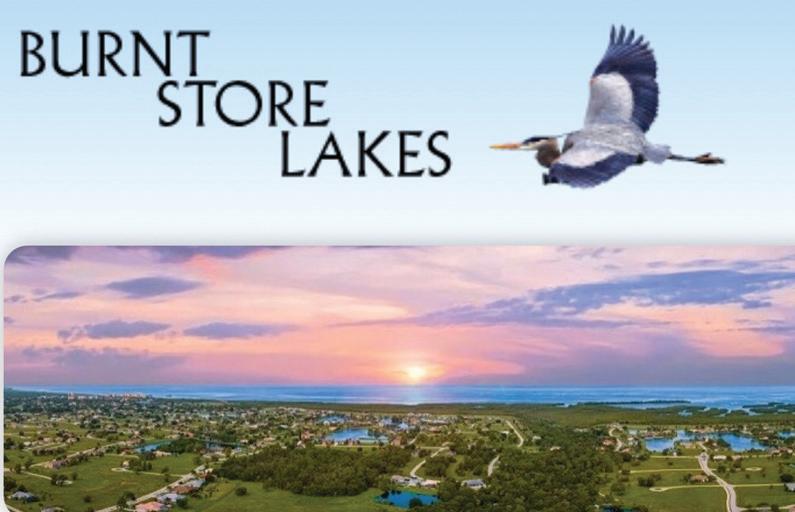

Inhabitants of Burnt Store Lakes and nearby areas have encountered alligators from time to time.
If you cross paths with an alligator that …
a. is in a place considered unacceptable, such as a swimming pool, lanai, garage, etc.,
b. you consider a threat to people, pets, or property,
c. approaches people, or
d. doesn’t retreat if approached,
… please call the BSL POA office at (941) 639-5881.
Do not feed or harass it. Doing so is dangerous and illegal. Visit the Burnt Store Lakes Property Owners Association website for more information.



Date
Saturday, November 23
Website
https://teampuntagorda.org
Event Description
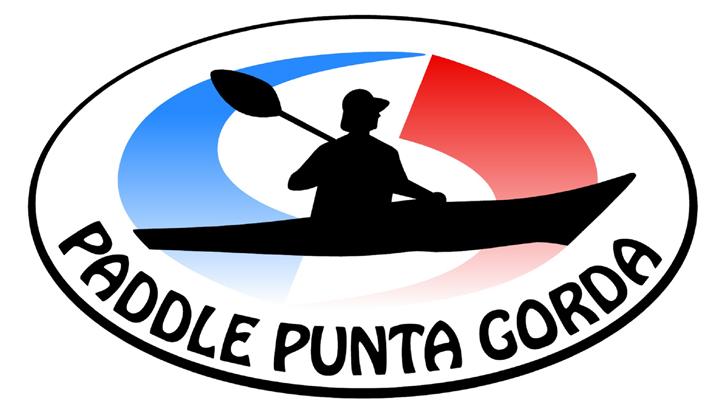
TEAM Punta Gorda, “Volunteers For A Better Community,” invites you to paddle the scenic waters of Punta Gorda, choosing from five distinct launch sites: Webb Lake, Ponce Park, Nav-A-Gator Grill, William R. Gaines Veterans Memorial Park, or Charlotte Harbor Environmental Center. Each kayak trail tour will be accompanied by a guide and a
Date And Time
Saturday and Sunday, November 29 to 30, 10 a.m. to 5 p.m.
Website
http://www.puntagordachamber.com

naturalist. Then gather for the After Paddle Party for lunch, beer, guest speaker, goody bag, raffle prizes, and camaraderie at the Charlotte Harbor Environmental Center.
Contact Information
Found at website noted above
Fees/Admission
Register now at www.TEAMpuntagorda.org/ paddle-punta-gorda/. Registration closes on November 22. No same day registrations. Registration fee is $30.
Event Description
Artisans from around the country will exhibit their wares at this annual art extravaganza.
Location
The length of Sullivan Street in downtown Punta Gorda
Contact Information
Email reception@puntagorda-chamber.com
Fees/Admission Free

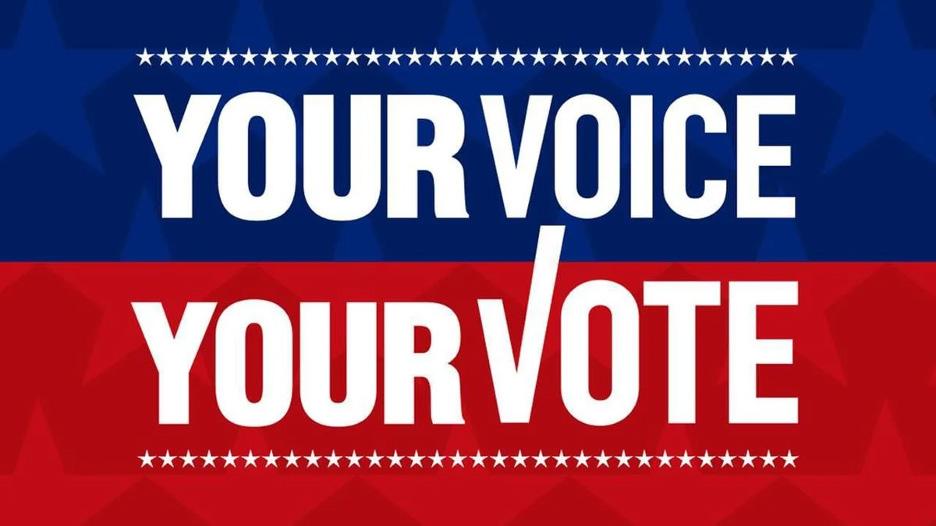
ELECTION DAY, TUESDAY, NOVEMBER 5 SUNDAY, NOV. 3 2AM



THURSDAY, NOVEMBER 28
